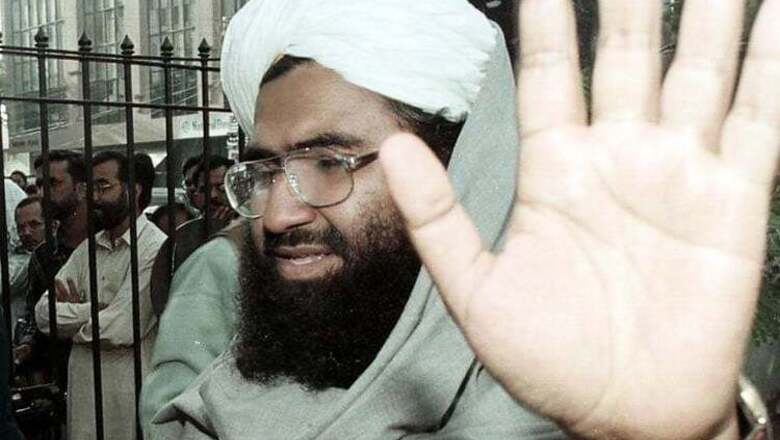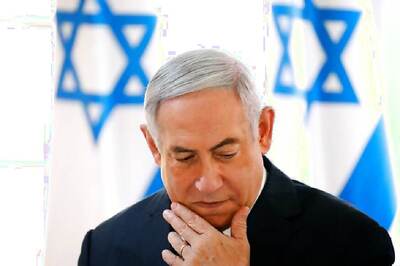
views
Jaish-e-Mohammad chief Masood Azhar was listed as a designated terrorist by the UN Security Council 1267 Committee on Wednesday AFTER China withdrew its objections. China put a technical hold in March on a fresh proposal to ban Masood Azhar, the head of the Pakistan-based Jaish, which claimed responsibility for the Pulwama terror attack.
In an interview with News18, Chinese analyst and political commentator Einar Tangen said that the Chinese response was a measured one and that there was no global pressure of any kind that the nation succumbed to.
What, as per you, got China on board with the listing?
China's main desire is to promote sustainable regional peace and prosperity. It primarily aims to achieve this the Shanghai Corporation Organisation (SCO) and Belt and Road Initiative (BRI). Together, India and China are the main driving forces of the Asian Century and while there are tensions, diplomatic breakthroughs like the Wuhan Summit have had a great effect. We are concerned about those who want to pit India against China in a neo-classical strategy to blunt Asia’s rise. The issue of Masood Azhar was viewed as an internal matter until evidence from India made it clear that he was actively connected to the terrorist organization.
Do you think the visit made by Indian foreign secretary Vijay Gokhale was the final straw?
The minister presented evidence which was satisfactory for the Chinese government.
Do you think China feared the bad PR that it was going to get, considering the global support to Azhar's listing was strengthening?
While bad PR is never welcome, China tends to stick by its agreements and relationships. The "global pressure" at a closed door meeting, where China had put a technical hold and had asked for more information, was more of media hype than the reality. China had signalled in March that it was giving Pakistan the time to prepare as the evidence was very strong.
Do you believe that this is a diplomatic loss for China?
Depends on your perspective. There are some who are painting it as a loss, but for China, it was a pragmatic and measured response, based on its core principles of non-interference and consensus building.
Where do India-China and China-Pakistan ties go from here?
India and China have many synergies in terms of age of populations, infrastructure and the need for sustainable economic development. The two countries have a long history of co-operation and will continue to trade and support each other economically and politically. A destabilized country with a nuclear stock pile is not something any sane person would want to see or contemplate.

















Comments
0 comment